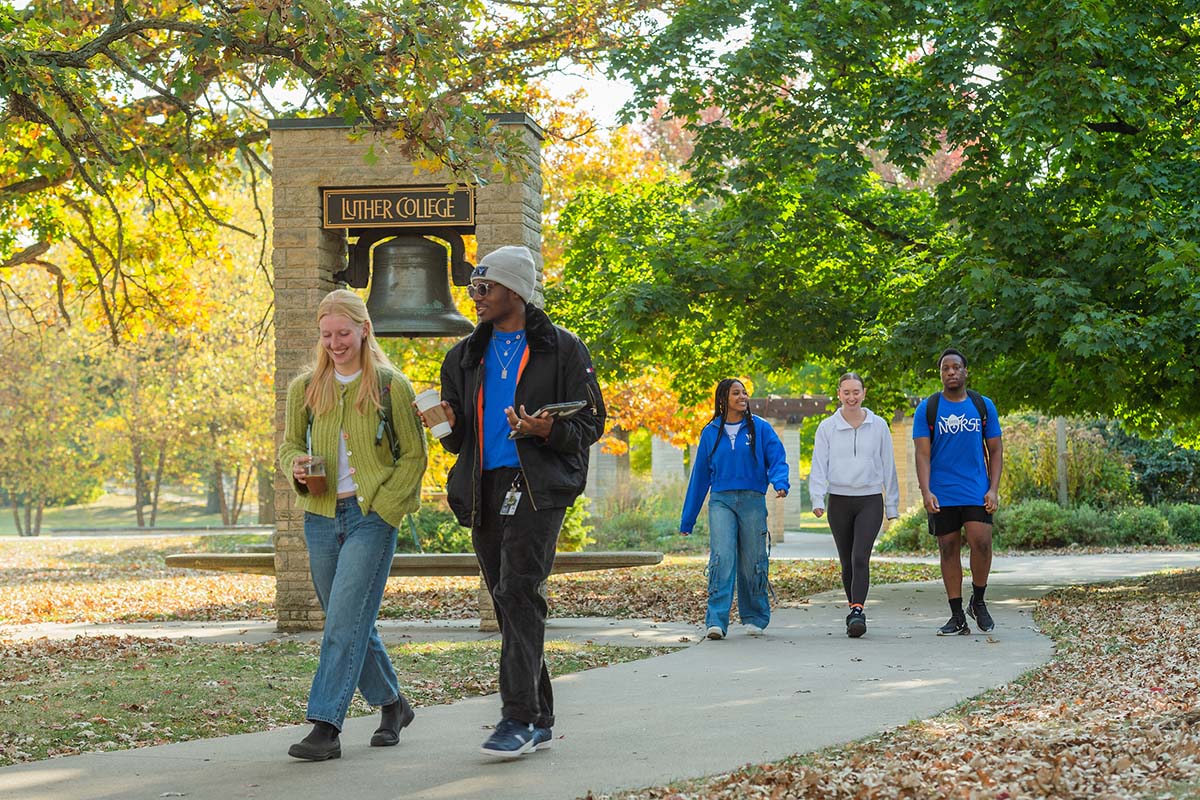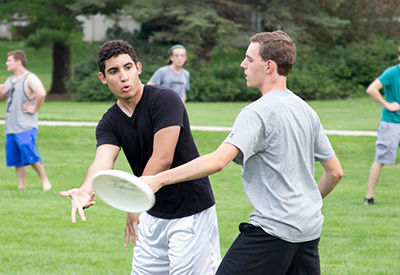Being a College Athlete Can Influence Your Future Career Opportunities
Serving as career counselor at a liberal arts college gives me a unique view on how extracurricular activities affect career development and post-graduate opportunities for students. While I’m generally in favor of student involvement in extracurricular activities, I’m constantly amazed by one group of students and how their choice of how to spend the time outside the classroom influences their career outcomes: that group is our athletes. When it comes to student-athletes and career development, their participation in a sport has some outstanding benefits. Here are a few:
- Employers are looking for athletes! Every year at our on-campus career fairs, I’m constantly amazed at how many our attending employers that ask “Where are your athletes, I really want to talk to your athletes.” They don’t care about the major, and within reason, they don’t care about the athlete’s GPA. They’re looking for people who know how to work in teams and have an understanding of goals, which leads me to point number two…
- Athletes understand the team environment and how teams work toward goals. Most organizations involve groups of people working together, and most sports involve teams, though some sports feature team dynamics more than others. The communication between team members, learning to think about what is best for the team, and how the team can accomplish a specific task, are very transferable skills to the work setting.
- Athletes know how to budget their time. Being a college athlete is a year-round endeavor. While the time demands are the greatest in the season, they don’t stop in the off season. Most athletes are still putting in 15-20 hours a week outside the season. This has to be balanced with classroom time and studies, part-time jobs, and a social life. It takes discipline, ability to prioritize, and general time management to get all of that done.
- Athletes can handle feedback and don’t take it personally. I often hear from employers that hire recent graduates that increasingly the maturity level is not where it needs to be, and that some younger workers lack the professionalism they should have by age 22. One common problem is the ability to handle feedback from a supervisor in an appropriate manner. This is another place where athletes have a built in edge: they are used to receiving criticism on their performance, and they’ve learned how to handle that criticism. They know that the many of the best coaches they had held high standards for them, and that coaches are there to help you and your team perform at the best possible level. This “growth mindset” translates easily to the work place when former athletes receive feedback from their supervisors.
- Athletes are resilient. No athlete has won every contest. Setbacks happen, failures, both in and out of an athlete’s control, occur, and a new challenge that the athlete must adapt to is always just around the corner. Athletes are trained from day one to meet these challenges, and it starts with training their mindset to stay optimistic and bounce back from failures. If an athlete can take this mindset to other areas of their life, such as the work place, it can be a powerful advantage!
Related Posts

Diversity on college campuses is essential; it broadens our perspectives, encourages personal growth, and prepares us to engage meaningfully with others around us. But, how do you engage with diversity? Find our top tips for embracing diversity.

Do co-curriculars matter when applying to college? Learn what college admissions counselors are looking for when you list them on your application.
Admissions Office
Luther College
700 College Drive
Decorah, Iowa 52101
Phone: 563-387-1287